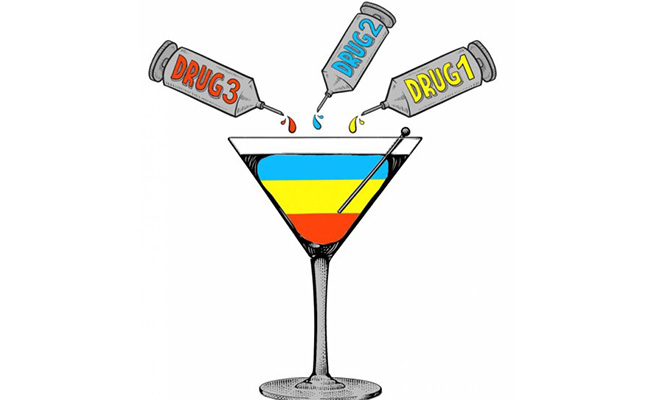Alcohol Rehabilitation USA.
Alcohol is the most commonly abused substance in the United States. Government figures state that 1 in 12 of all adults have problems with the amount of alcohol they are consuming. This makes the topic of Alcohol Rehabilitation USA a very real and valid one.
Here is an indication of what is available in terms of rehabilitation facilities. We will also consider some of the main treatment solutions available for those looking to free themselves from a dependence that has both physical and psychological effects as well as causing those closest to them angst and concern.
Treatment facilities:
Alcohol abuse treatment is provided in a variety of different settings. Some opt for treatment via their local practitioner’s surgery, others in approved ‘drop-in centers’ that provide assistance. The majority of men and women in need of treatment will either attend an inpatient or outpatient rehabilitation establishment.
These are both government and privately-run treatment centres with an estimated number of 14,500 specialised substance abuse treatment facilities available across the country. These establishments cater for all types of addiction with alcohol being the most common substance for which assistance is required.
Services provided by rehabilitation facilities:
The services offered by both inpatient and outpatient rehab establishments varies dependent upon the facility concerned but will include such things as:
- Detoxification facilities
- Counselling – One-to-one and group sessions
- Case management
- Treatment – A wide variety of different treatment methods are employed dependent upon the establishments policy
- Administration of medication
- Aftercare programmes
Outpatient or Inpatient treatment?
It must be stated that any type of treatment for those struggling with alcohol has to be seen as a positive. Outpatient treatment offers a flexible method of addressing problems and is on an agreed appointment basis. This type of treatment will certainly help, but it is also subject to the challenges of temptation. Those seeking this form of treatment remain in the same environment that helped fuel their addiction in the first place. They are fully aware of watering holes and outlets where alcohol can be purchased around-the-clock. It is this type of temptation that needs to be resisted for those looking at long-term sobriety.
Inpatient alcohol rehabilitation offers a far more focused initial treatment plan. By submitting to a stay at an inpatient facility the alcoholic will spend their initial period of recovery in a setting where alcohol (or any other illegal substance) is forbidden. The establishment is completely focused on rehabilitation and those attending are treated as individuals. As such, individual problems are met with in-depth counselling and treatment based on a personal need basis. This type of treatment is seen as being far more successful in terms of helping recovering alcoholics remain on the path of long-term sobriety.
Aftercare:
Alcohol rehabilitation USA would not be complete without comprehensive aftercare options available. This ongoing treatment is overlooked far too often by those who have taken to initial treatment positively. It must be remembered that rehabilitation establishments and the treatment offered are simply the start of a healing process that must be maintained. Aftercare is the perfect vehicle with which to maintain long-term sobriety.
CLICK HERE for your Free confidential assessment or call.














